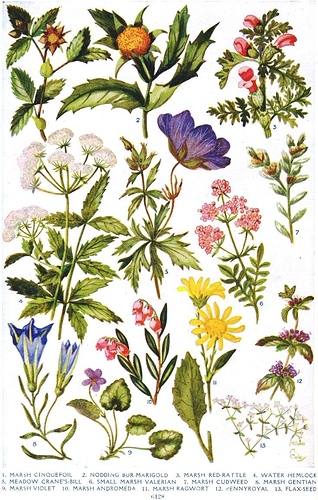I really like this song. This has strangely become one of my favorites in the album (I have a different favorite), mainly because I’m rarely big on music that only has piano and vocals, but this one just works for me. I was wondering for a while what’s up with the undressing part in the lyrics, until I saw this thread… 
And here are my two observations based on that, and I want to talk about the music first. (I’m so sorry about my limited knowledge of music theory. T.T) There’s the piano, which gives this track a “quieter” vibe. In comparison, the previous tracks all have a lot more instruments in the mix. But the magic here is on the rhythm, which is, as I said about the Ark song, very Jun Maeda in style, weird rhythms and all.
For most of the time, the time signature is a 13/4, assuming each beat is a quarter note and not eighth. In this song, the 13/4 time signature sounds like a waltz, except that there’s one extra beat every four measures. Count along the song’s beat: 1, 2, 3. 1, 2 3. 1, 2, 3. 1, 2, 3, 4.
And then at some point, the rhythm shifts to common time, the usual pop music rhythm, 4/4. Count 1, 2, 3, 4. But at some point, the meter shifts to 2/4 for one measure then to 5/4 to another one measure, then back to common time. After what seems to be the chorus part, the melody repeats, but the intro repeats, too, but with some vocal “ooh” in the mix. After the repeat, and an extra 2/4 measure, it proceeds to the last part of the song, which is also at 13/4.
The combination of simple instrumentation and the weird rhythm gives the music a quietly chaotic feel, which is so totally apt, considering the narrative of the song. The previous songs have a lot of flashy stuff happening, while this one is a quieter, but not any less messed up.
Speaking of messed up, again, I totally wouldn’t have figured that the song implied prostitution without reading this thread. But looking at the title, I realized something. The flower motif. Befitting the story’s theme, flowers are often associated to female sexuality, especially of virginity.
Which makes the story very  . It can be interpreted this way: the girl wanted to see a world where she doesn’t have to go through such work. But the world is even more messed up outside, and practically, she’s better off staying. But she was pretty naive, and her escape costed her dearly.
. It can be interpreted this way: the girl wanted to see a world where she doesn’t have to go through such work. But the world is even more messed up outside, and practically, she’s better off staying. But she was pretty naive, and her escape costed her dearly.
A wilder interpretation that I have is that, in the “air” lyrics, it could possibly mean that life outside is so harsh that her body can’t physically handle it, that or she can’t really find food outside. She seems to be getting food in exchange of her work in what seems to be underground (oh god is this a weird pun), which adds to how rampant poverty is in the “Closed World.” Though, digressing a bit, this also happens irl. However, outside, food is harder to come by, so she might have fallen from hunger or overwork.
An even wilder interpretation is that she emotionally broke, after realizing that her dream of seeing a world where virginity can be a thing… is impossible.
Either way, wth Maeda.
Still doesn’t stop me from liking the song.

 ); by using the word innocent here it establishes a contradiction of sort to further drive in the weight of the situation. Kind of like the guy’s perspective is saying that “hey, this girl is a prostitute, but when she’s “looking at colorful picture books”, she appears to be innocent like any normal little girl” or maybe “she’s look just like an innocent little girl when she read picture books, even when she’s going through all this shit” or something like that
); by using the word innocent here it establishes a contradiction of sort to further drive in the weight of the situation. Kind of like the guy’s perspective is saying that “hey, this girl is a prostitute, but when she’s “looking at colorful picture books”, she appears to be innocent like any normal little girl” or maybe “she’s look just like an innocent little girl when she read picture books, even when she’s going through all this shit” or something like that
 . It can be interpreted this way: the girl wanted to see a world where she doesn’t have to go through such work. But the world is even more messed up outside, and practically, she’s better off staying. But she was pretty naive, and her escape costed her dearly.
. It can be interpreted this way: the girl wanted to see a world where she doesn’t have to go through such work. But the world is even more messed up outside, and practically, she’s better off staying. But she was pretty naive, and her escape costed her dearly.

